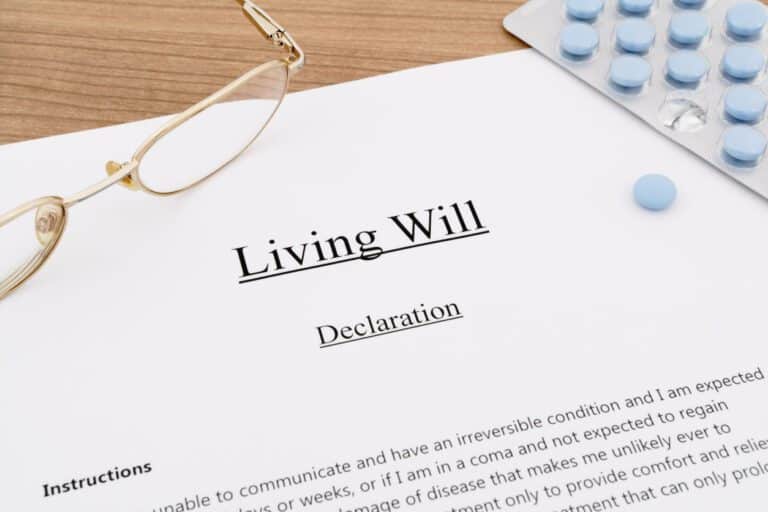At What Age or Stage of Life Should Individuals Create Advance Directives?
Many individuals are tempted to put off creating advance directives, particularly when they are younger and in the “prime of life.” They feel that these documents are more appropriate for aging adults whose health is beginning to decline or who are preparing for their eventual death. But there is no specific age or stage of life when advance directives are more important or practical. Any adult of any age, relationship status, or health status, should consider whether advance directives are appropriate for them. Advance directives can be used when an individual is older and incapacitated as a result of health or age-related conditions, but they can also be used when an individual is in a car or work accident while still young and otherwise healthy.
Do You Need Advance Directives If You Are Married or Have Adult Children to Express Your Wishes for You?
Advance directives are optional. In Ohio, if an individual does not have an advance directive and is not able to make their own decisions, the law recognizes certain people as being able to make decisions for that individual. This is called the Order of Decision Makers. This order first recognizes the agent named in a health care power of attorney, if there is one. If there is not, the spouse is first in line to make decisions, followed in order by the individual’s adult children, the individual’s parents, a majority of the individual’s adult siblings, or if none of those are available, the nearest other relative.
A health care power of attorney allows an individual to specify who they want to make decisions for them. This may be their spouse or an adult child. For someone who is unmarried or does not have children, or who knows that a relative would not honor their wishes, it may be a close friend or a roommate. Additionally, completing a POA allows the individual to name an alternate agent if the primary agent is unavailable when decisions need to be made.
There are other reasons to create advance directives. If an individual has strong wishes about their end-of-life care, they should create advance directives. Having business or financial matters that must be tended to even if the individual is incapacitated is another reason. If the individual has a family history of certain life-threatening conditions, such as cancer or heart disease, and is anxious about what may happen in the future, creating advance directives may provide peace of mind.
What Do You Do With an Advance Directive Once It Has Been Completed?
Different advance directives have different requirements regarding what should be done after they have been completed. In Ohio, advance directives do not require a lawyer to complete but may need to be signed in front of a notary or two witnesses who are not the signer’s primary physician or a relative by blood, adoption, or marriage.
Once signed, the principal should safely store the original health care power of attorney and provide the agent with a copy so they can show it when they need to use it. Depending on the purpose behind the POA, a financial power of attorney may need to be recorded with a state or county government office. Individuals completing POAs for reasons other than health care should consider consulting with an attorney to confirm what may need to be done to ensure the validity of their POAs.
After signing, copies of an individual’s living will should be provided to their primary care physician, close relatives, and their health care proxy, if they have one. Because this document expresses the individual’s wishes in end-of-life circumstances, it is important to ensure that anyone who may be involved in those decisions has a copy of and understands the terms of the living will. The individual may also want to carry a copy of their living will, or a wallet card that indicates they have one with their physician’s contact information and where the living will is stored, to ensure that medical professionals are always made aware of the living will’s existence. The living will may also be recorded for a fee in certain Ohio counties, but individuals should be aware that this will make the living will public record for anyone to read.
What If You Want Other Advance Directives Other Than a POA or Living Will?
There are several other options for advance directives, including do-not-resuscitate orders, physician orders for life-sustaining treatments, and organ and tissue donations. All of these advance directives serve specific purposes and depending on the individual’s needs and wishes, may not always be required. Individuals may wish to consult with their health care provider and an estate planning attorney to discuss their unique needs and wishes to determine which advance directives they need.
